Over the years I am treated/treat many shoulder injuries but one of them characterized as a “Frozen Shoulder” is very difficult if impossible to treat by standard methods. I have been fortunate to be exposed to this debilitating condition from the beginning of my practice 20 years ago. A local journalist was sent my way and tried everything from Injections, to physiotherapy, chiropractic and massage therapy and nothing has helped for 2 years. Needless to say It hampered her job typing and sitting all day, her lifestyle and activity levels declined and so did her mental and emotional well being. Call it good fortune, luck, or divine intervention, but I was successful and resolving her issue in a short time.
Her gratitude was Immense and she dedicated her personal story to a major local newspaper with a 1/4 page picture of me and the details of our treatments. My phone range for months with people that had bad shoulder injuries and as a result I gained tremendous experience working on shoulders from the beginning of my practice. I could have built a whole practice just treating shoulders and would have had a 1 year waiting list as they are difficult to diagnose and treat.
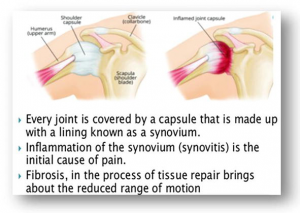
What Is A Frozen Shoulder?
Frozen shoulder, also known as adhesive capsulitis, is a condition characterized by stiffness and pain in your shoulder joint. Signs and symptoms typically begin gradually, worsen over time and then resolve, usually within one to three years.
Your risk of developing frozen shoulder increases if you’re recovering from a medical condition or procedure that prevents you from moving your arm — such as a stroke or a mastectomy.
Typical Treatments for frozen shoulder involves range-of-motion exercises and, sometimes, corticosteroids and numbing medications injected into the joint capsule. In a small percentage of cases, arthroscopic surgery may be indicated to loosen the joint capsule so that it can move more freely.
It’s unusual for frozen shoulder to recur in the same shoulder, but some people can develop it in the opposite shoulder.
Symptoms
Frozen shoulder typically develops slowly, and in three stages. Each stage can last a number of months.
- Freezing stage. Any movement of your shoulder causes pain, and your shoulder’s range of motion starts to become limited.
- Frozen stage. Pain may begin to diminish during this stage. However, your shoulder becomes stiffer, and using it becomes more difficult.
- Thawing stage. The range of motion in your shoulder begins to improve.
For some people, the pain worsens at night, sometimes disrupting sleep.
Risk factors
Certain factors may increase your risk of developing frozen shoulder.
Age and sex
People 40 and older, particularly women, are more likely to have frozen shoulder. In my experience frozen shoulders occur mostly on the left side.
Immobility or reduced mobility
People who’ve had prolonged immobility or reduced mobility of the shoulder are at higher risk of developing frozen shoulder. Immobility may be the result of many factors, including:
- Rotator cuff injury
- Broken arm
- Stroke
- Recovery from surgery
Systemic diseases
People who have certain diseases appear more likely to develop frozen shoulder. Diseases that might increase risk include:
- Diabetes
- Overactive thyroid (hyperthyroidism)
- Underactive thyroid (hypothyroidism)
- Cardiovascular disease
- Tuberculosis
- Parkinson’s disease
Prevention
One of the most common causes of frozen shoulder is the immobility that may result during recovery from a shoulder injury, broken arm or a stroke. If you’ve had an injury that makes it difficult to move your shoulder, talk to your me about exercises you can do to maintain the range of motion in your shoulder joint and come in for treatment to prevent it from occurring.
The Nervous System
Always remember and know that the nervous system controls your musculoskeletal system and effects your organs. It is the “communication system” of the body and controls your pain signal. The state the you are operating under (see graph below) will dictate habitual patterns that are created in your posture and adaptation by your muscles, tendons and ligaments . This creates chronic tension, pressure and chronic pain.

Chronic pain is a condition in which pain progresses from an acute to chronic state, persisting beyond the healing process . As the experience of chronic pain is associated with activity in multiple networks in the central nervous system (CNS), chronic pain is considered a CNS disorder . As a result of multi-network activation in the CNS, chronic pain comprises multiple components, including sensory, emotional, cognitive, and behavioral elements.
When it comes to the organs that are affected by what I call the “Master Nerve”, the Vagus nerve, your heart will be restricted by the sac the engulfs it, the pericardium. The lungs will be compromised and the mechanical pump that massage both organs, the diaphragm will tighten. This creates a perfect storm and environment for upper back , chest, shoulder and neck tension. Left shoulder will retract and round towards the heart and the pectoral muscles will shorten.
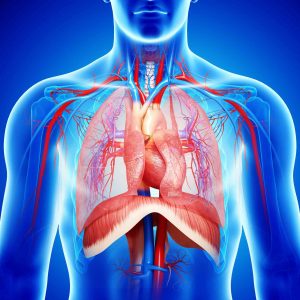
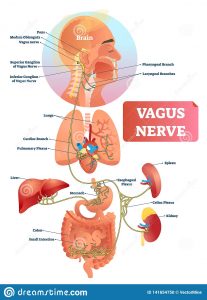
As you can see just manipulating the shoulder will Incorrect and person will be treatment resistant and aggressive treatments can reinforce the habitual state of our nervous system. Many patients are traumatized by the treatments themselves as it causes pain and will be interpreted by the protective brain as an “attack”.
Giving a proper assessment of the whole body mind and working directly with the nervous system will bring better results as it systematically reduces the protective patterns and then gentle manipulation can be given successfully. I personally am more concerned with gaining the trust of the bodymind as soon as possible and transmitting safe , sensitive touch that with tools, coaching and consistency we start to thaw the “Freeze” state not only of the shoulder but the state that the person has been under.

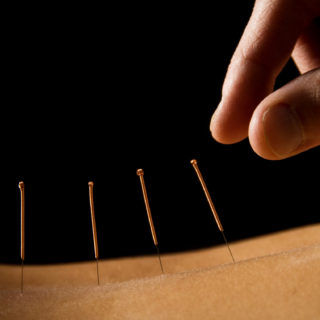

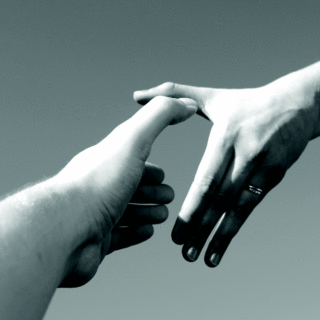

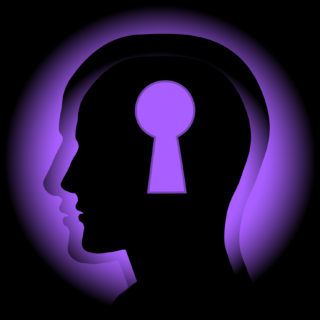
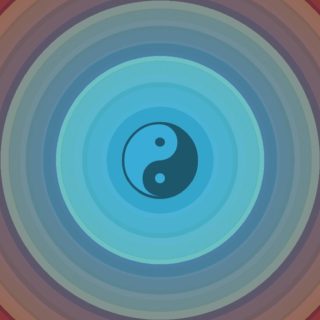

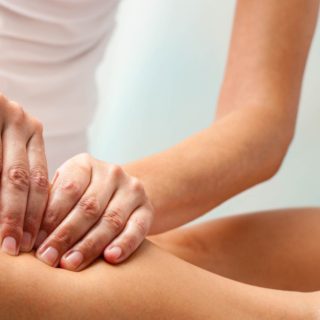
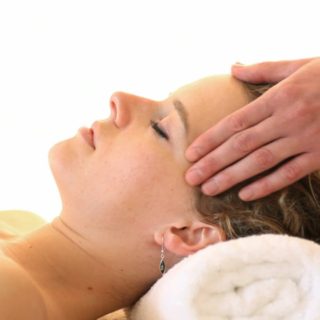








No Comments
Be the first to start a conversation